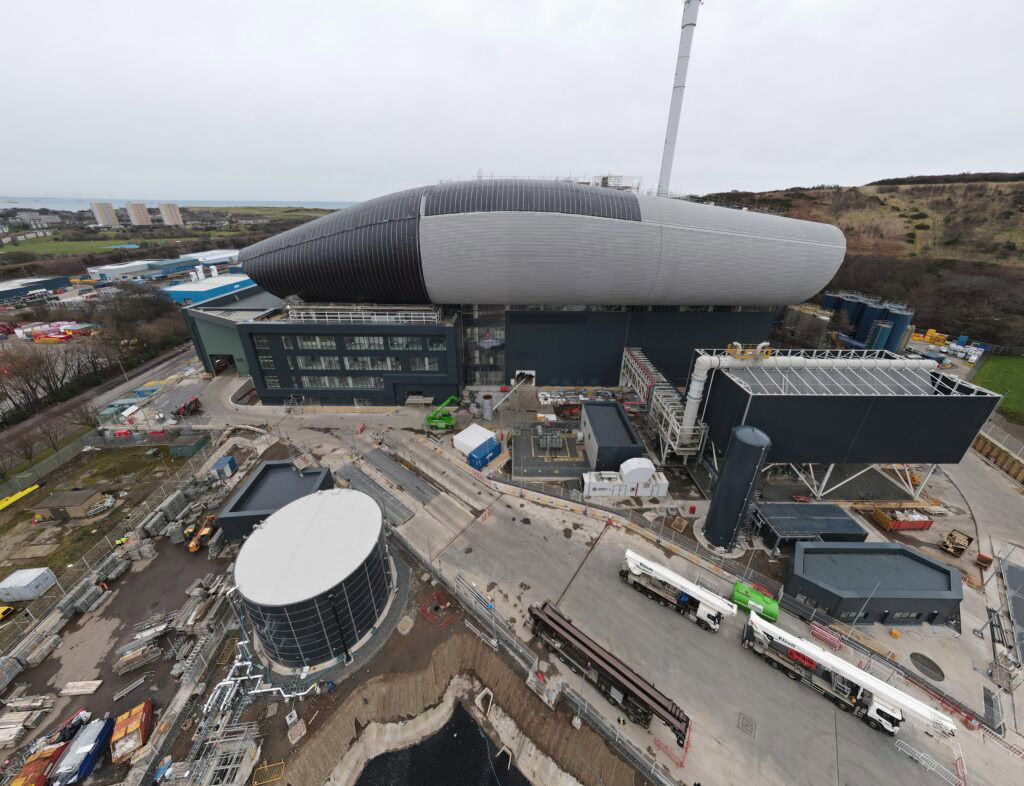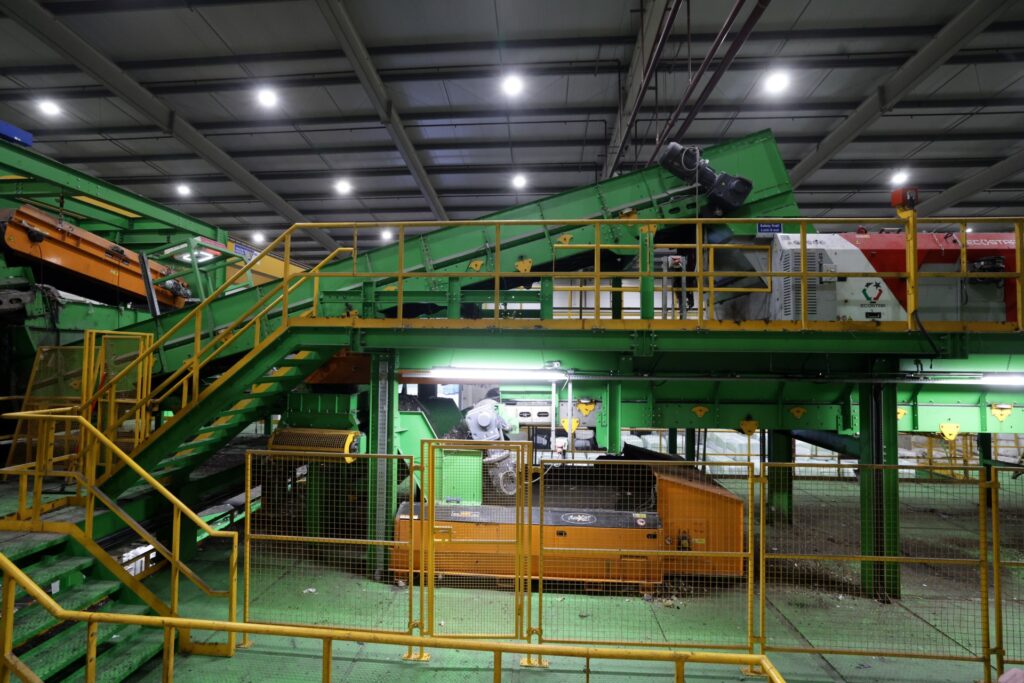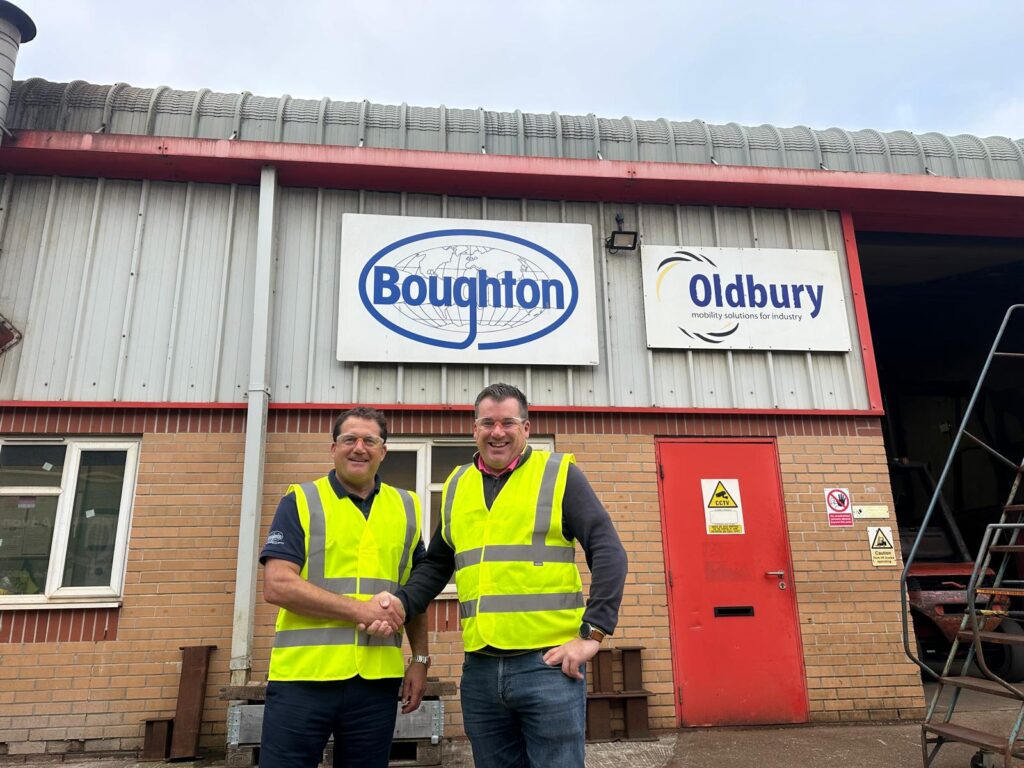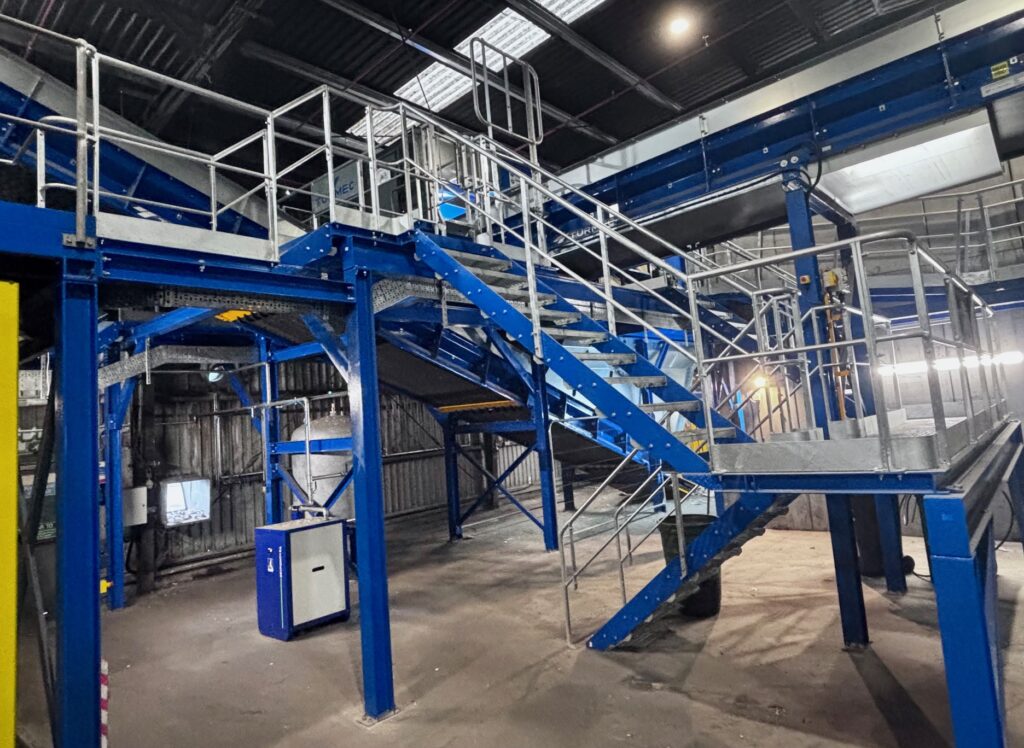Spanish engineering firm ACCIONA will take over the £150 million facility, designed to serve Aberdeen, Aberdeenshire and Moray councils.
The plant temporality closed at the end of June, just 18 months after operations began, following escalating technical problems and suggestions that Indaver may walk away from the project.
Since the shutdown, the three local authorities have been sending residual waste to landfill in Peterhead.
An agreement to pursue the joint project was first struck in 2016, but difficulties have plagued the facility since construction.
According to sector publication EWB, when the site was handed over for operation last year, it had more than 1,800 outstanding defects, far exceeding the industry norm of around 350 for a project of this scale.
Despite the turbulence, the facility – located in Altens, south Aberdeen – reopened on 19 August 2025.
Aberdeen City Council confirmed: “Following the closure of the EFW Ness Facility in Aberdeen at the end of June, the three North East Councils have been informed that EFW Ness Limited will be directly running the facility moving forward, with a return to full operations shortly and waste deliveries having resumed on 19 August.”
Indaver steps away from NESS EfW
Indaver, which had been responsible for running the plant, confirmed it was “reviewing its future involvement” in July due to the ongoing operational issues.
The company has now stepped aside completely, paving the way for ACCIONA to take full ownership.
Indaver commented: “EFW NESS Limited (Acciona) and Indaver NESS Services Limited can announce that the NESS Energy from Waste Facility will now be managed entirely by EfW NESS Limited.
“The two parties have reached agreement that sees EfW NESS Limited operating and maintaining the facility.
“Thank you to all who have been involved in this process, for their hard work and dedication.”
Landfill ban exposes capacity shortfall
The NESS plant processes more than 100,000 tonnes of residual waste annually, playing a vital role in diverting waste away from landfill in line with Scottish Government policy.
In addition to waste treatment, the facility provides heat and power to the surrounding area.
The need for operational EfW plants like NESS has become more urgent as Scotland approaches the 31 December 2025 ban on landfilling biodegradable municipal waste (BMW).
The legislation, which has already been delayed once, looks unlikely to be postponed again.
The ban will cover mixed municipal waste as well as separately collected recyclables such as paper, cardboard, plastics, metals, glass, wood, textiles, packaging and bulky items like mattresses and furniture.
The situation was worsened by the recent closure of the Levenseat Renewable Energy Recovery Facility in May 2025, which removed 150,000 tonnes of EfW capacity from Scotland’s system.
Against this backdrop, the NESS facility’s reopening provides some relief for councils in the north-east.
But with Indaver’s exit underscoring the challenges of delivering and operating new EfW infrastructure, the episode highlights the urgent need for more robust investment and oversight in Scotland’s waste sector.









Subscribe for free